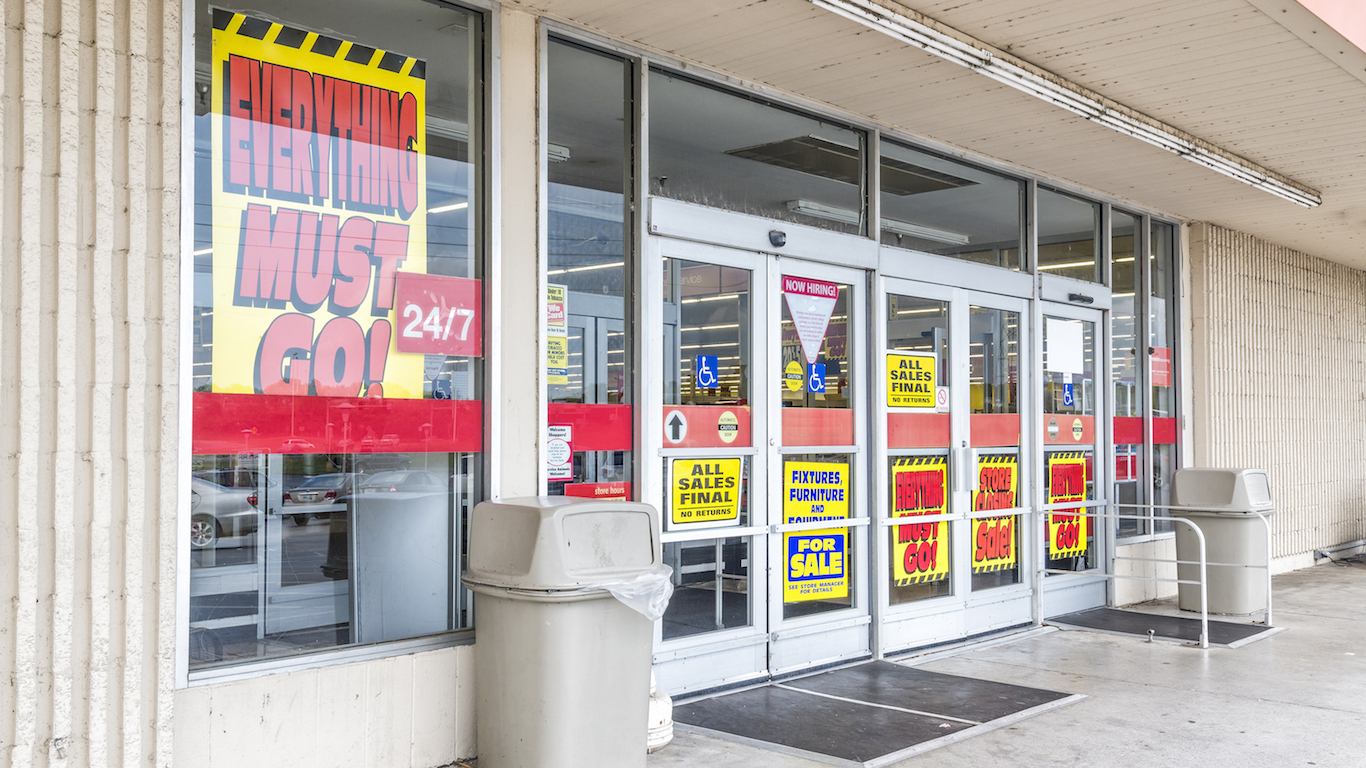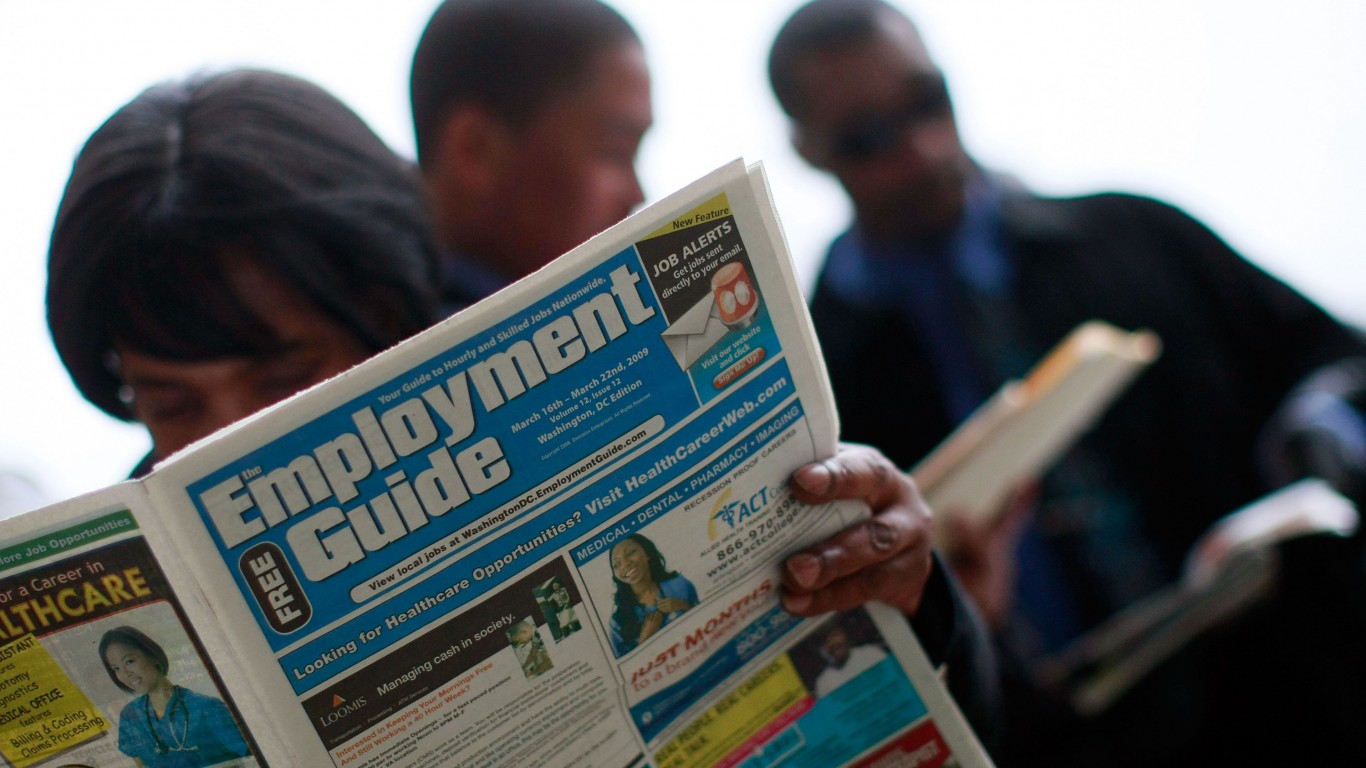
Nearly half of U.S. chief financial officers (CFOs) (48.6%) expect the U.S. economy to fall into a recession by the end of 2019. Even more (82%) believe that a U.S. recession will have begun by the end of 2020.
As gloomy as that may sound, U.S. CFOs are more optimistic than most of their global counterparts. Nearly all African CFOs (97%) believe their countries will be in recession by the end of next year while 86% of Canadian, 67% of European and 54% of Asian CFOs expect a recession in the same time frame. Only Latin Americans (42%) registered a lower expectation than the United States for a 2019 recession.
The data were reported this morning in the Duke University/CFO Global Business Outlook, based on a survey that was completed last Friday, December 7.
The economic expansion that began nearly 10 years ago is giving way to increased market volatility, protectionism, and a flattening yield curve. Survey director John Graham, professor of finance at Duke’s Fuqua School of Business, commented:
The end is near for the near-decade-long burst of global economic growth. The U.S. outlook has declined, and moreover the outlook is even worse in many other parts of the world, which will lead to softer demand for U.S. goods.
U.S. CFOs see domestic economic growth below 3% in 2019 with capital spending and hiring growth of around 3%. Most of that growth is expected in the first half of the year, leading Graham to say, “This means there is still time for the government to use the tools at their disposal to soften the fall.” Although those tools are not specified in the announcement, one could safely assume they include a slower pace of Fed interest rate hikes and an end to tariff-based protectionism.
In the more developed economies of the United States and Europe, the top CFO concern is attracting and retaining qualified employees. Economic uncertainty, government policies, currency risk and employee productivity round out the top five concerns.
In Asia, Latin America and Africa, economic uncertainty is the top concern, with government policies ranking second. Other concerns include weak demand and regulatory requirements.
Cash Back Credit Cards Have Never Been This Good
Credit card companies are at war, handing out free rewards and benefits to win the best customers. A good cash back card can be worth thousands of dollars a year in free money, not to mention other perks like travel, insurance, and access to fancy lounges. See our top picks for the best credit cards today. You won’t want to miss some of these offers.
Flywheel Publishing has partnered with CardRatings for our coverage of credit card products. Flywheel Publishing and CardRatings may receive a commission from card issuers.
Thank you for reading! Have some feedback for us?
Contact the 24/7 Wall St. editorial team.
 24/7 Wall St.
24/7 Wall St.

